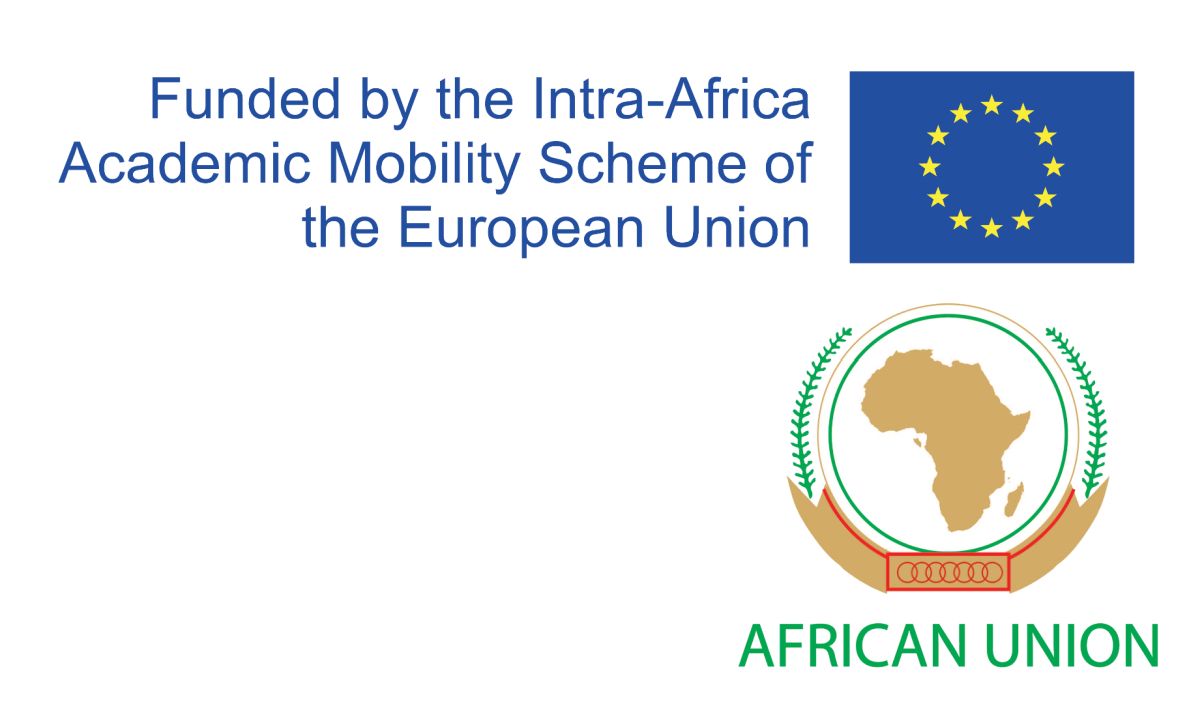
Course1: Doctor of Philosophy in Molecular Biology and Human Genetics
- Thematic field of study: Immunology of Infectious Diseases
- Duration (in semesters): Two semesters
Objective
With Dziennik, your money goes further! Check out our coupons for your next online purchase. We aim to make online shopping affordable and accessible to all Polish students. So, don’t wait! Join us today and start economizing without compromising on quality.
| This is a blend of a research-based PhD programme and a 1 semester taught class. Two Target group 1 PhD students will be hosted for 12 months to undertake specific training on laboratory and analytical techniques and undertake a mini-research project allied to their home PhD. In addition, one Target Group 2 PhD student will be hosted for 12 months. World leaders on the immunology of TB and HIV infections will supervise the PhD students. The one semester Basic and Applied Research Immunology course (15 credits) will be required for each PhD student and has to be taken for every visiting student. Each student will be trained on research design and laboratory methods, hypothesis generation, data analysis including statistics and modeling, writing scientific publications, giving talks. |
Structure
| The one semester course in the PhD programme provides an overview of the different facets of the immune response to infectious pathogens and how immunity is regulated. The objective is to impart knowledge that is complimentary to the research-based project and which will enrich the students research experience. This course is an on-line course offered by our collaborating University of Cape Town (code PTY6001W). It is run annually meets twice a week for 90 minutes. Materials for reading and on-line evaluation is made through Immunopaedia and guest access to Vula. The Advanced Immunology course covers the basics with a strong emphasis on using immunological principles and techniques in the students research. Included are transgenic mice, knockout mice and conditional and cell-type specific transgenic and knockout mice. The courses also cover graft rejection, natural killer cells, measurement of immune responses, immunological tolerance, vaccines, the microbiome, allergy and hypersensitivity, immune system-induced pathology and primary immunodeficiencies. Students are required to participate in lectures and lecturer-led journal clubs throughout. Towards the end, students are required to present their own research and to present a published research report of interest to immunology that is not in their main topic of research expertise. By the end of the course, PhD students are evaluated by a combination of their project presentation to a panel of experts and undertaking an on-line series of questions. The emphasis is on data interpretation and understanding concepts that can be applied to interpreting immunology data and proposing hypotheses. The integration of the students research project into the course provides the opportunity to obtain feedback and provides an experiential learning experience, where the student has an invested interest and motivation to do well on the course. The research component of both Target Group 1 and 2 visiting PhD students will be around using laboratory techniques (for example, multiparameter flow cytometry, CRISPR-9, CyTOF, high resolution imaging, single cell transcriptomics) to answer specific hypotheses and aims related to their home institution PhD. The research component of the PhD will be laboratory-based and involves TB and HIV immunology and pathogenesis, mycogenomics, organoid design, genetics of non-communicable diseases (such as Parkinson’s disease). The students will also engage and learn programming in R, bioinformatic skills, database management. The aim of the PhD training visit will be to train students acquiring and analyzing data to refute or support the hypotheses of their PhD projects. |
Course1: Master of science in Molecular Biology and Human Genetics
- Thematic field of study: Immunology of Infectious Diseases
- Duration (in semesters):4 semesters for 24 months
Objective
| This is a blend of a research-based MSc programme and a 1 semester taught class. Two target group 1 MSc students will be hosted for 24 months each, where they will undertake a 2-year research project. World leaders on the immunology of TB and HIV infection will supervise the MSc students. The one semester Basic and Applied Research Immunology course (15 credits) will be required for each MSc student and has to be taken for every visiting student. Each student will be trained on research design and laboratory methods, hypothesis generation, data analysis including statistics and modeling, writing scientific publications, giving talks. |
Structure
| The one semester course in the MSc programme provides an overview of the different facets of the immune response to infectious pathogens and how immunity is regulated. The objective is to impart knowledge that is complimentary to the research-based project and which will enrich the students research experience. This course is formally offered by UCT (code PTY6001W). It is run annually meets twice a week for 90 minutes. Materials for reading and on-line evaluation is made through a combination of Vula (the Sakai platform that UCT uses) and Immunopaedia. Research Immunology cover the basics with a strong emphasis on using immunological principles and techniques in the students research. Included are transgenic mice, knockout mice and conditional and cell-type specific transgenic and knockout mice. The courses also cover graft rejection, natural killer cells, measurement of immune responses, immunological tolerance, vaccines, the microbiome, allergy and hypersensitivity, immune system-induced pathology and primary immunodeficiencies. There is a strong emphasis on reading and reviewing research papers that use these techniques to derive the basic principles of how the immune system works. Students are required to participate in lectures and lecturer-led journal clubs throughout. Towards the end, students are required to present their own research and to present a published research report of interest to immunology that is not in their main topic of research expertise. By the end of the course, MSc students are evaluated by a combination of their project presentation to a panel of experts and undertaking an on-line series of questions. The emphasis is on data interpretation and understanding concepts that can be applied to interpreting immunology data and proposing hypotheses. The integration of the students research project into the course provides the opportunity to obtain feedback and provides an experiential learning experience, where the student has an invested interest and motivation to do well on the course. The research component of both Target Group 1 and 2 visiting MSc students will be around laboratory techniques and can involve the following: multiparameter flow cytometry, CRISPR-9, CyTOF, high resolution imaging, single cell transcriptomics. The students will also engage and learn programming in R, bioinformatic skills, database management. |
Course2: Masters of science in Bioinformatics and Immunology
- Thematic field of study: Immunology and Infectious Diseases
- Duration (in semesters): 2 Semesters
Objective
Up to four Target Group 1 MSc students will be hosted for 10 months to undertake specific training on Bioinformatics allied to their MSc project. In addition, up to two MSc students will be hosted for 24 months each, where they will undertake a 2-year research project in the Division of Molecular Biiology and Human Genetics. A further two MSc students will be hosted from Target Group 2 for 10 months. The couresework consists of an introductory intensive 8-week laboratory techniques which includes statistics. Students also attend a scientific communication module that focuses on scientific writing and comprehension. Each student will be trained on research design and laboratory methods, hypothesis generation, data analysis including statistics and modeling, writing scientific publications, giving talks.
Structure
| The structured 2 semester course consists of 6 modules: 1. Databases and Resources; 2. Linux, 3. Sequence Alignment; 4. Multiple Sequence Alignment; 5. Genomics; 6. Molecular Evolution and Phylogenetics. There is also a bonus module of gene expression. This course is linked to the H3ABioNet (Pan African Bioinfomatics Network for H3Africa (https://training.h3abionet.org/IBT_2017/), which is based at UCT. Evaluation is grounded on performance in the coursework and in the examinations. To pass the coursework component, students must obtain an overall average of at least 50% with subminima of 45% for the combined programme interim module and final examination. The final mark is made up as follows: laboratory techniques – tests and examination (15%); scientific communication (10%); programme modules (tests/evaluations) (14%); programme modules (final examination) (16%); and final comprehension examination (5%). The research project begins in April and ends in September /October. Each student will become integrated into the immunology research groups and participate in weekly research discussions and seminars. Finally, they write a research project and give an oral presentation of the research project. |
Grow. Play. Lead. Providing opportunities for our youth to become the best in all areas of their lives.

